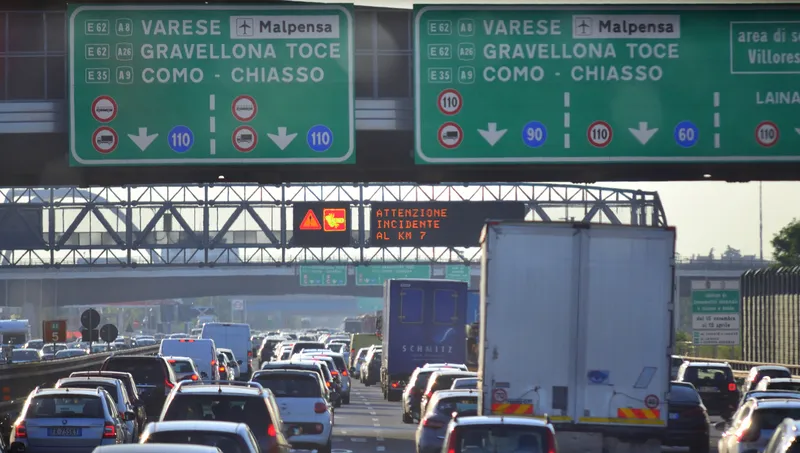
Tolling is a surefire way of maintaining and improving infrastructure, and allowing people and goods to move safely and efficiently along the world's roadways, tunnels and bridges.
But drivers face a range of tolls when using European roads this summer, finds research from UK van rental firm Northgate Vehicle Hire.
Using sources including Tolls.EU, the firm analysed available data in 44 European countries.
At the upper end of the scale were highways in France, Italy and Norway: for example, drivers travelling from Paris to Marseille (along the A6/A7) pay £52.59 one way, while Milan to Naples sets you back £50.73, with Boda to Oslo costing £45.16.
North Macedonia offers drivers the cheapest toll option, Northgate says, with the 37km route from Petrovec to Veles costing £1.15.
The Svinesundsbron bridge between Norway and Sweden costs just £1.74, while to get from Sweden to Denmark on the Øresundsbroen bridge costs £45.72.
The Sozina tunnel in Montenegro and the Dublin Port tunnel in Ireland were the cheapest in Northgate's analysis, costing drivers £2.22 and £2.58, respectively.
A quarter of European countries, including Finland, Estonia, and Monaco, have no toll roads, the firm says.
Click here for the full list.









